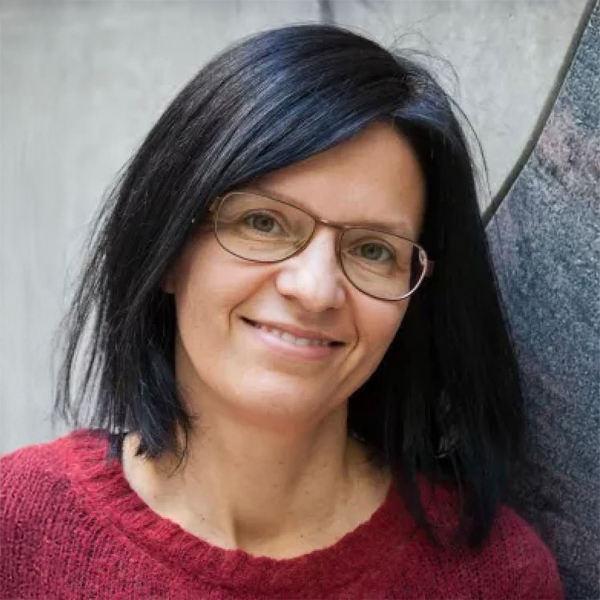2023 Digital Science Press-PCF Challenge Award



Intercepting the Cancer Endocycle to Cure Lethal Prostate Cancer
Principal Investigators: Kenneth Pienta, MD (Johns Hopkins University), Sarah Amend, PhD (Johns Hopkins School of Medicine), Emma Hammarlund, PhD (Lund University)
Young Investigators: George Butler, PhD (Johns Hopkins School of Medicine), Christopher Carroll, PhD (Lund University), Bryan Lee, PhD (Johns Hopkins School Medicine), Chi-Ju Kim, PhD (Johns Hopkins School of Medicine)
Co-Investigators: Angelo DeMarzo, MD, PhD (Johns Hopkins School of Medicine), Bruce Trock, PhD (Johns Hopkins School of Medicine), Alexander Wyatt, PhD (University of British Columbia), Michael Haffner, MD, PhD (Fred Hutchinson Cancer Research Center)
Description:
- Metastatic prostate cancer is resistant to all systemic therapies and the cause of therapeutic resistance remains undefined. For almost a century, therapeutic resistance has been explained either by mutational changes that lead to resistant clones or by a rare population of therapy-resistant cells (often referred to as cancer stem cells) giving rise to a recurrent population. However, none of these models have yet been definitively proven. More importantly for cancer patients, no intervention has yet been designed that specifically targets the underlying biological mechanism that emerges as universal therapeutic resistance. Therefore, metastatic prostate cancer remains a lethal incurable disease.
- Kenneth Pienta and team propose a novel hypothesis of therapy resistance: that cancer cells survive cancer therapy via “endocycling,” a normal cellular stress-survival mechanism where cells replicate their DNA and proteins but don’t divide, instead entering a dormant state.
- In this project, Dr. Pienta and team will determine whether endocycling is responsible for treatment resistance in prostate cancer and develop therapeutic strategies to target this mechanism.
- The team is conducting a phase 2 clinical trial where patients with localized prostate cancer receive ADT + abiraterone + an endocycle targeting therapy, belzutifan, for 3 months, followed by radical prostatectomy. Surgical samples will be evaluated for whether all cancer was eliminated by the treatment or not.
- The team will also set up a pipeline to discover new candidate endocycle-targeting therapies and rapidly test them in a series of pilot clinical trials.
- The team will perform comprehensive genomic and molecular analyses on tumor cells in the endocycle state from blood and tumor tissue samples from patients, to better understand the biology of the endocycle state and identify targetable features associated with disease progression and treatment resistance.
- If successful, this project will determine whether the cancer endocycle state drives therapy resistance, and will identify therapeutic strategies to intercept the cancer endocycle state that will be tested in clinical trials, ultimately reducing cancer lethality.
What this means to patients: The mechanisms that drive treatment resistance in prostate cancer remain unclear, but must be identified in order to develop improved treatment approaches. Dr. Pienta and colleagues will determine whether a dormant “endocycling” state underlies the ability of cancer cells to survive and resist anti-cancer therapies. In this project, they will define the biology of the endocycling state, and identify and clinically test new therapeutic strategies to target cancer cells in this state, to reduce treatment resistance and disease lethality.

